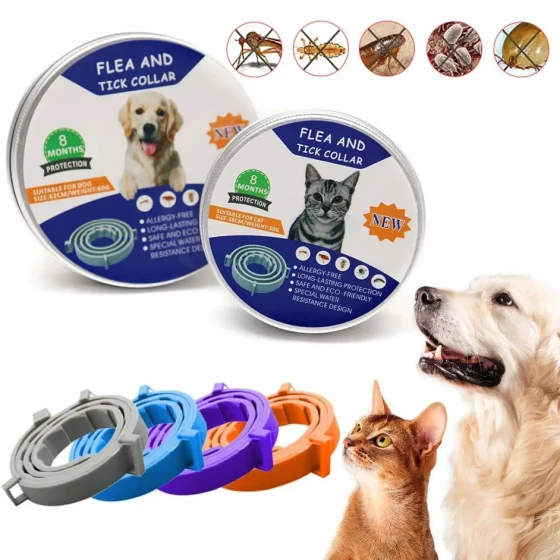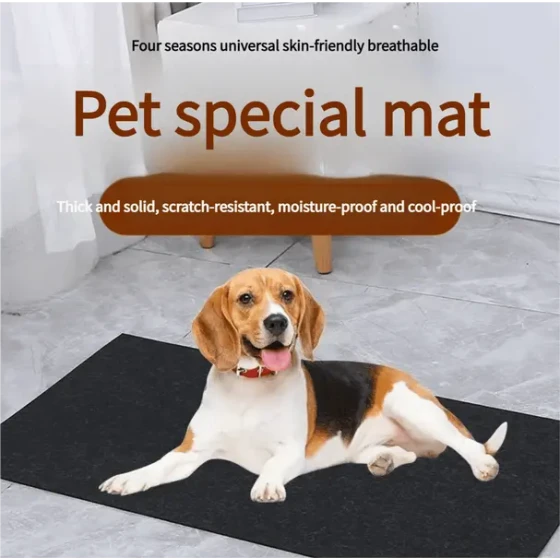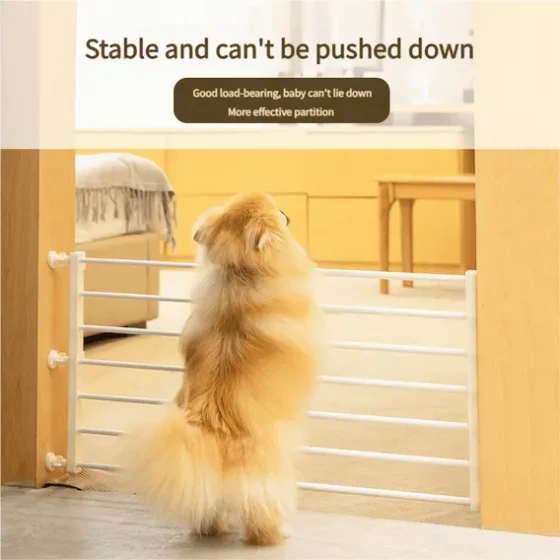Feeding Points of the German Shorthaired Pointer

German Shorthaired Pointer (Detailed Introduction)
The first impression of the German Shorthaired Pointer is that it is extremely hardworking and sincere to people. As a working dog, it requires sufficient nutrition and energy daily. So what is a reasonable and healthy diet for the German Shorthaired Pointer in daily life?
1. What the German Shorthaired Pointer Eats
Feed lamb and beef, potatoes and corn, oats, and wheat grains mixed together. The nutrients in these foods are more suitable for digestion and absorption by gland functions. The second category: properly balanced proteins, carbohydrates, sugars, fats, vitamins, and minerals. The demand for some trace elements and minerals needs to be appropriate rather than the traditional concept of 'more is better.' Excessive trace elements or minerals can cause damage or even lesions to the pet's organs.
2. How to Raise the German Shorthaired Pointer
Puppies need to be fed three times a day until six months old. The best feeding times are 6 a.m., 1 p.m., and 7 p.m. Puppies six months old follow a twice-per-day feeding plan. Dogs one year old follow a once-per-day feeding plan. The amount of food should be adjusted according to the dog's appetite and weight. Moist food should be added with a little warm (not boiling) water, and always ensure the dog has fresh water to drink.
Do not overfeed or give leftover food. When rewarding, feed dog biscuits or small pieces of vegetables and fruits. Dogs don't care if treats are big or small; they just want a reward. Giving small healthy treats can prevent your dog from consuming excess calories. However, puppies are often very chubby. Overweight is unhealthy for any dog, especially for Border Collies (Detailed Introduction) whose job is herding, so they should be lean but not skin and bones. If you run your hand from top to bottom along the dog’s back, you should be able to feel the ribs. If you can't, your dog is too fat. If you can clearly feel the backbone and ribs, your dog is too thin.
Do not feed puppies with adult food high in protein, as it often causes bone growth problems. Instead, choose high-quality adult dog food with protein content not exceeding 24%. Avoid cheap food, or your dog may develop health issues later, costing you more in the long run. When starting feeding, avoid grains and malt in the diet, and ensure the food does not contain barley and animal by-products (such as chicken beaks, feet, etc.). If you choose to feed a unique type of food to your puppy, let it gradually adapt to avoid digestive problems. Transition between old and new food over about a week before switching entirely to new food. Adding some plain (without any seasoning) pure yogurt bacteria can help prevent stomach pain in puppies. This method must be used during any dog food change, even for some adult dogs, as sudden changes in diet may cause bloating and diarrhea. For general diarrhea, I recommend pet-specific intestinal probiotics; dogs show significant improvement after taking them.





